What is the best treatment for insomnia?
Sleep is an incredibly important process, and when you can’t sleep it can have a huge knock-on effect on the rest of your life. Sometimes insomnia seems to gather momentum, and it can feel like you will never sleep properly again. However, this is not the case – effective treatments exist for treating insomnia.
This treatment is called Cognitive Behavioural Therapy for Insomnia, or CBT-i. This is a form of talking therapy which teaches you techniques for falling asleep quicker and staying asleep. It explores reasons behind why we don’t sleep well – looking at how our thoughts (or cognitions) and our actions and habits (or behaviours) affect the quality and quantity of the sleep we get. CBT-i also includes elements of education on the science of sleep and relaxation techniques.
CBT-i is very effective and is recommended as the first-line treatment for insomnia by the NHS, NICE, the British Sleep Society, and the American Association of Sleep Medicine. CBT-i is different from sleep hygiene. Sleep hygiene is more like general good advice for sleep, but is not an effective treatment for insomnia.
Everyone’s sleep is different, and so is their insomnia. In the first session, we look to understand your sleep in as much detail as possible, so that we can offer you the right, personalised treatment. We want to understand your life, sleep, and lack of sleep, as well as any other medical issues you might have, and any medicines that you take.
We start treatment in the first session and also plan upcoming sessions. Because everyone is different, we don’t all need the same number of sessions, though between 2 and 4 is most common. You don’t have to pay for all of these sessions up front.
FAQs
-
We are all very different, and our sleep needs are different too. There is no one-size-fits-all answer, however most patients need between 2-4 sessions to get their sleep back on track.
-
CBTi is the best treatment for insomnia
Sedative sleeping pills like zopiclone can help in the short term but are not very effective at all int he long term. They are sedating, and can be difficult to stop if you have been on them a long time.
Daridorexant and melatonin are not the same sort of sleeping tablets. These are safe, and have a much better evidence-base in long term insomnia.
-
Yes. Research shows that online CBTi is just as effective as face-to-face treatment — with the added convenience of accessing it from home.
-
All our team are highly trained and effective at treating insomnia.
Our therapists provide practical and effective CBTi and are one of our most popular options.
If you have complicated sleep problems or other health conditions, or if you want to discuss medical treatments for insomnia, then we recommend a Sleep Doctor appointment. Our doctors also provide CBTi.
-
Before your first appointment, you’ll complete a short questionnaire and a sleep diary. In the appointment will ask you about your sleep problems, and any treatments you might have tried before.
A personalised treatment plan will be made, and we will get started on this from the first session.
Your clinician may suggest a number of follow up sessions, but there’s no obligation to book in advance - sessions can be arranged as and when needed.
We will summarise you appointment in a clinic letter and email this over to you the same day. Your clinician will also be available via email in-between your appointments in case you need to check anything.
-
We always give plenty of time to talk through your treatment plan and ask any questions, but we also know that questions often pop up later on.
If this happens, or you just want to check or confirm something, then your clinician will be around to answer questions via email in-between your sessions. There is no charge for this.

